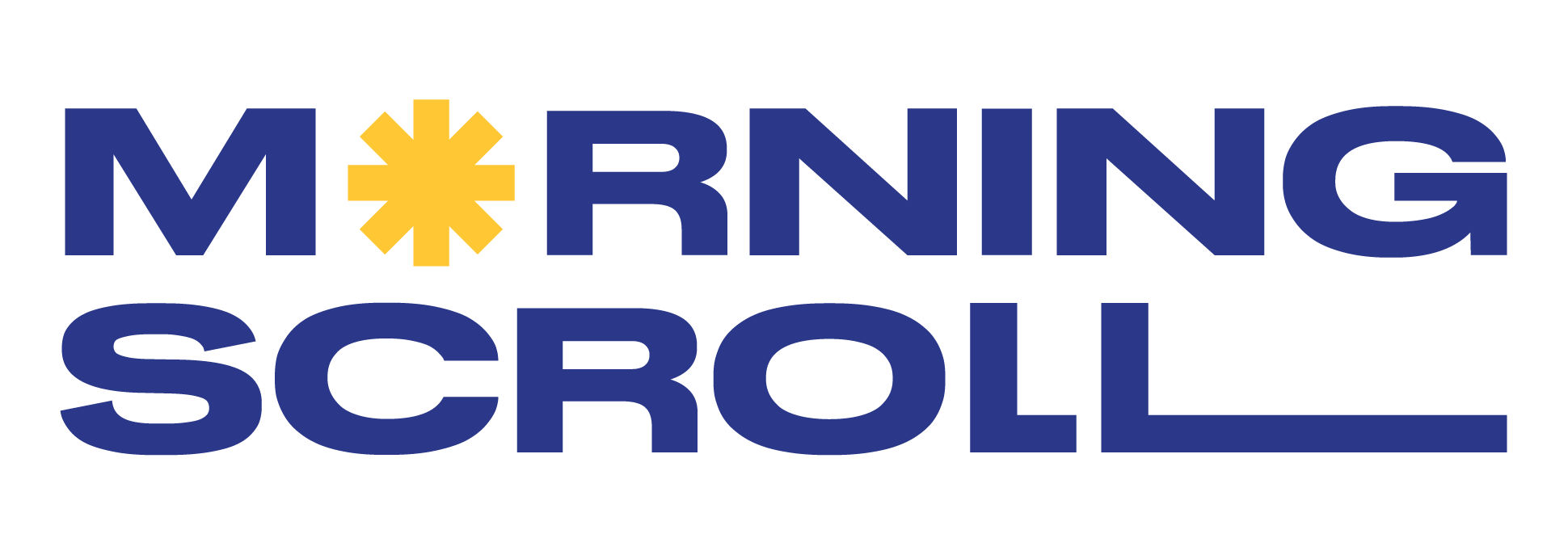Chronic pain can be debilitating, affecting every aspect of your life. While pharmaceuticals can provide temporary relief, holistic approaches offer a more sustainable and comprehensive solution to managing chronic pain. Here are seven holistic approaches to help you find relief and manage chronic pain.
1. Mind-Body Practices
Mind-body practices like yoga, tai chi, and meditation are powerful tools for managing chronic pain. These techniques promote relaxation, reduce stress, and enhance your body’s natural healing abilities.
Meditation, in particular, has been shown to reduce pain perception and improve pain tolerance by altering brain activity and reducing the release of stress hormones.
2. Acupuncture
Acupuncture, an ancient Chinese healing practice, involves inserting thin needles into specific points on the body to stimulate energy flow. Research suggests that acupuncture can release endorphins, your body’s natural painkillers, and reduce inflammation.
Many individuals with chronic pain have reported significant relief and improved overall well-being through regular acupuncture sessions.
3. Herbal Remedies
Herbal remedies, such as turmeric, ginger, and willow bark, have anti-inflammatory properties that can help reduce chronic pain. Turmeric, in particular, contains curcumin, a natural compound with strong anti-inflammatory and pain-relieving effects.
While incorporating these herbs into your diet or taking them as supplements, always consult with a healthcare professional for proper guidance.
4. Physical Therapy
Physical therapy focuses on improving your physical function and mobility. A trained physical therapist can design a personalized exercise and stretching program to alleviate pain and strengthen the affected areas.
They can also teach you proper body mechanics and ergonomics to prevent further injury and reduce pain triggers.
5. Chiropractic Care
Chiropractic care involves adjustments to the spine and musculoskeletal system to alleviate pain and improve overall health. Many individuals with chronic pain, particularly back and neck pain, have found relief through chiropractic treatments.
Chiropractors can also provide guidance on posture, ergonomics, and lifestyle changes to manage pain more effectively.
6. Dietary Changes
What you eat can have a significant impact on chronic pain. An anti-inflammatory diet rich in whole foods, fruits, vegetables, and omega-3 fatty acids can help reduce pain associated with conditions like arthritis.
Avoiding processed foods, sugar, and excessive caffeine can also help lower inflammation and improve overall pain management.
7. Emotional and Psychological Support
Chronic pain often takes a toll on your mental and emotional well-being. Seeking support from a mental health professional, such as a therapist or counselor, can help you cope with the emotional aspects of pain.
Techniques like cognitive-behavioral therapy (CBT) can provide you with tools to manage pain-related stress, anxiety, and depression effectively.
Conclusion
Chronic pain is a complex and multifaceted condition that requires a holistic approach to management. By combining mind-body practices, you can take a comprehensive approach to pain relief. Holistic approaches not only address the physical symptoms but also consider the emotional and psychological aspects of pain.






